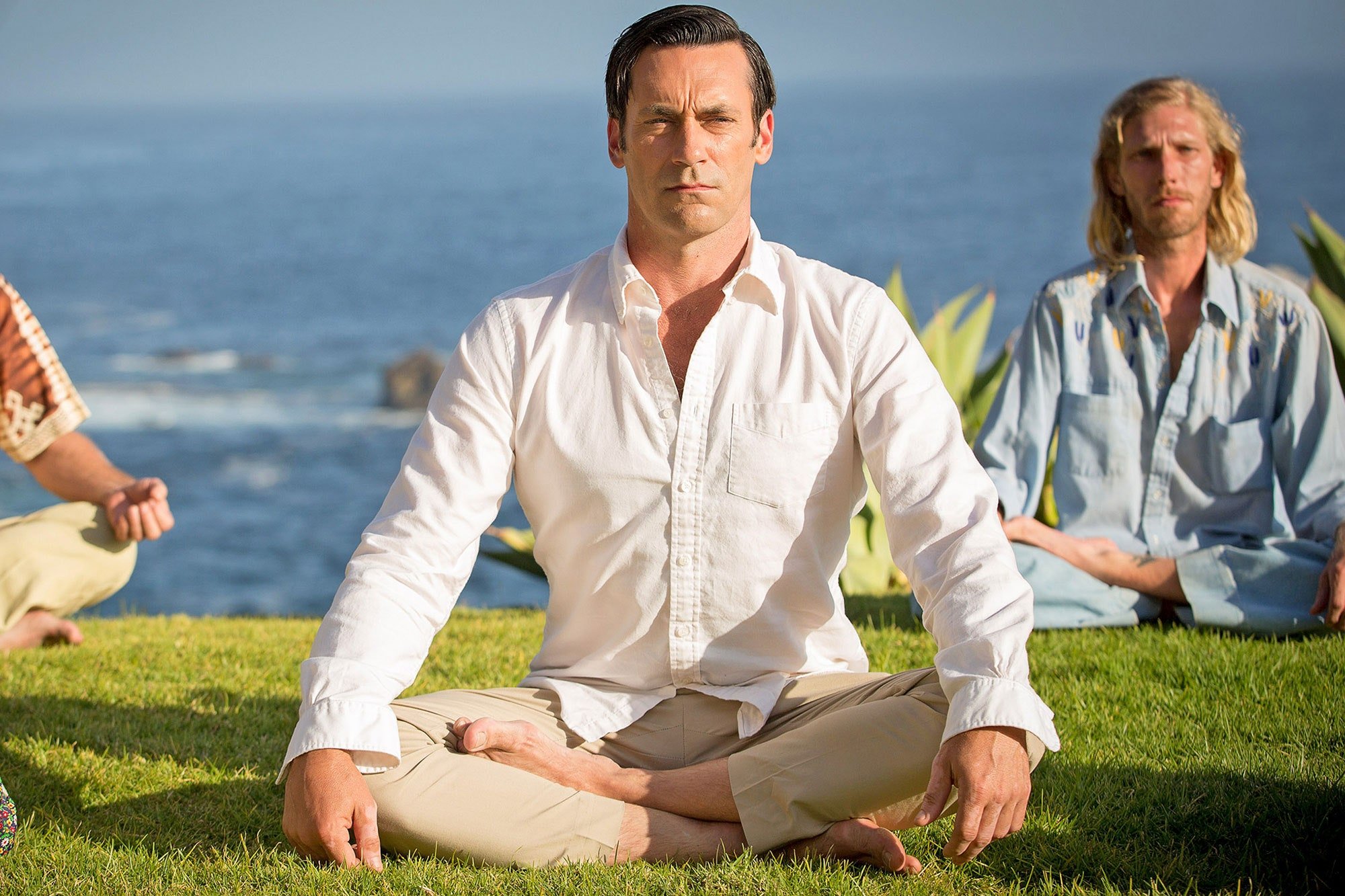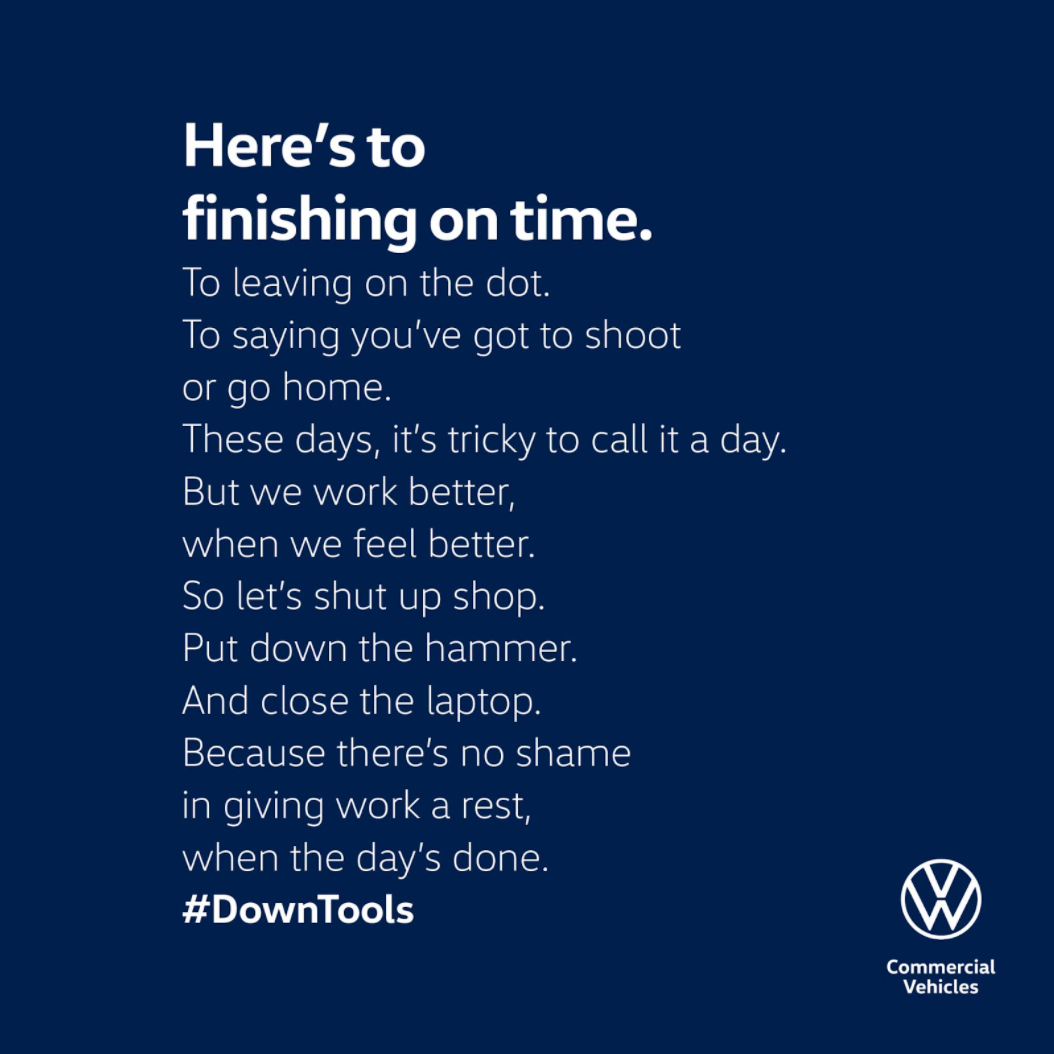
BRUSH YOUR TEETH: WHY WE STILL HAVEN'T FOUND WORK/LIFE BALANCE
Aparna Bangur
01/12/2021
2020 led us to acknowledge burnout, and engage in conversations around “mental health”, “flexibility” and “work/life balance”. But until we understand the simple concept of “rest”, our search for balance will never end.
In the age before the toothbrush, dentistry was horrific. Humans were stuck in a cycle of rot and removal: their teeth would decay each day until finally they had no other choice but to pull them out with a pair of pliers.
This seems barbaric to us. How stupid, we think, to only care about your teeth once you’ve let them fall into such a state.
And yet, I suspect that history will laugh at us, and our working habits, in much the same way.
Too often, we only care about rest and well-being when we’ve already snapped.
The great realisation
For a long time, most of us have been on a manic chase for fulfilment through work. Covid came along, and slowed down life for some, and accelerated it into a 24/7 toxic work culture for others.
As a single mum to a child with significant special needs, my own narrative was pretty intense. Being out of work was not an option. And I found myself stuck in a rut of fixed term contracts and freelance gigs. Feeling both fortunate to still be in work and fearful of losing it, like several employees putting in an extra two hours a day, I worked longer and harder than ever. I didn’t allow myself a single day off, equating it to loss of earnings, contributing to the 57 million days of annual leave that went unclaimed in 2020!
It took 18 months and 711 job applications to find a permanent job, and for me to realise that this madness needed to stop. Along with 75% of office goers in the UK, I finally accept that work-life balance is more valuable than the numbers on my pay-slip
Why then is the search for balance still ongoing?
Because it wasn’t the lack of sleep or burnout that made me stop. I stopped only after finding a stable role. Life is still orchestrated around work.
Despite shifting priorities, most of us are still unfortunately running the race (albeit at a slower pace). Overwork is glorified and we continue to try and justify the need to rest. At the end of a productive workday, we enjoy a restful evening and think, I deserve this. But what if it hasn’t been a productive day? Taking downtime fills us with guilt — because we haven’t earned the right to rest.
We misunderstand what rest means. A company I once worked at boasted of being “really good to employees who burn out”. This whole set-up is backwards: they should pride themselves on being “really good so their employees never burn out”. I would much rather visit a dentist whose patients never lose any teeth, than one who is skilled at removing them.
But, the trouble is - we’re all still thinking of rest as a way to improve productivity. The focus is still on what we’re outwardly accomplishing, not on our personal fulfilment.
We need to change how we think about rest, and reframe it as an essential part of each day, rather than something that is earned.
Reasons to be hopeful
Encouragingly, a few companies are beginning to push this “tooth-brushing” approach to mental health.
We’ve seen a rise in permission granting: employers telling their employees that “many things are ok”.
The UK government is debating whether it should bring in a ‘right to rest’ law, following Portugal’s ban on employers contacting staff after hours.
Tools like Google Calendar’s Focus Time, Insights and Working Hours, encourage you to take control of your time, so that life, not the technology in it, stays front and centre and you find a balance that feels right for you.
Our recent campaign for VWCV in partnership with Mental Health UK is another effort in this direction, encouraging business owners and those delivering the nation to exercise their right to #DownTools when the work day is done.
Rest is a right
It’s about time we understood that rest is not a reward for the productive.
It’s a right that we all have.
One we can exercise if we accept the invitation to unburden ourselves.
We are not victims of the system. Together, we make the system.
While we expect companies to give people freedom and flexibility, it is also up to us to stop making burnout somehow desirable and get some rest before we decay.
So, as we approach the end of the year and the beginning of a new one - let’s start brushing our teeth.







